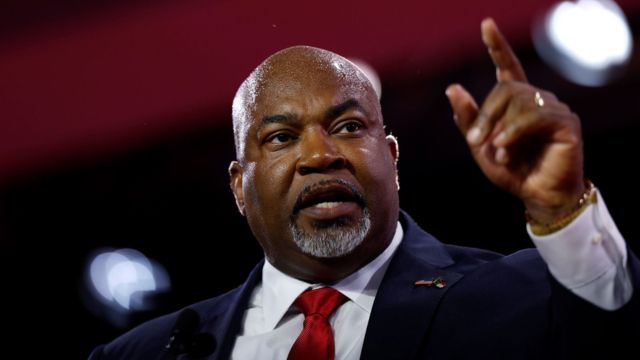As tensions rise in New York over the prolonged expansion of the state’s recreational marijuana market, Governor Kathy Hochul has voiced her frustration with the slow pace of approving new licenses for cannabis businesses. During an event in Buffalo on Friday, the governor disclosed that she had intervened to push regulators to “go back to the drawing board” after learning that the Cannabis Control Board (CCB) was only prepared to approve three new licenses at a recent meeting.
Hochul acknowledged the legitimate frustration of marijuana license applicants, many of whom are facing delayed approvals and the sudden cancellation of the CCB meeting where additional approvals were anticipated. The governor’s office stepped in to demand a reevaluation of the approval process, signaling her dissatisfaction with the current pace of expansion.
“My team got involved and said, ‘No, go back to the drawing board. Work harder. Get this done.’ And no, I’m not satisfied with the pace,” Governor Hochul stated, emphasizing that those waiting for the board’s approval are “absolutely right” to feel frustrated.
However, the governor recognized that regulatory delays are not solely the fault of the CCB, pointing out that legal challenges from “larger conglomerates” have tied up the licensing process in court, causing additional setbacks. Litigation initiated by these entities has resulted in months-long delays, exacerbating the challenges faced by applicants eager to enter the market.

Read more:
- California Lawmaker Proposes Speed Limit Technology to Curb Road Deaths
- Tragedy Strikes as Young Dancer Dies from Mislabeling of Peanuts in Cookies
- New Concealed Carry Law Denied by Another Northern California Count
- U.S. Takes Action to Safeguard Whales Around Offshore Wind Farms
The cancelled meeting was expected to address proposed rules allowing home cultivation of cannabis for adults, adding another layer of complexity to the regulatory landscape. The governor’s expressed frustration reflects the urgency to streamline the approval process and address the concerns of applicants who have been caught in the crossfire of legal battles and regulatory hurdles.
Governor Hochul, in a bid to bolster the state’s regulated cannabis market, released a budget plan this month that proposes the elimination of a THC potency tax. The move is aimed at reducing costs for consumers and making the legal market more competitive against illicit operators. Additionally, a bill filed in the Assembly empowers municipal governments to shut down unlicensed cannabis businesses and seize their products, further emphasizing the state’s commitment to a well-regulated industry.
Despite the challenges, progress has been made in expanding the marijuana market. Over a dozen new cannabis retailers opened in December after a settlement agreement lifted an injunction that had imposed a months-long licensing blockade. The state’s Department of Labor also contributed to industry development by publishing sample job descriptions for positions within the legal cannabis sector, streamlining hiring processes and helping prospective employees assess their qualifications.
Furthermore, Governor Hochul signed legislation in November facilitating financial institutions’ ability to work with state-licensed cannabis clients. This effort aims to address the hurdles faced by marijuana businesses in accessing banking services due to federal restrictions.
However, not all legislative efforts have received the governor’s approval. In September, Hochul vetoed legislation that would have allowed hemp seeds to be included in animal feed for pets, horses, and camelids. Additionally, she recently vetoed a bill that would have allowed licensed marijuana producers to sell products to tribal retailers, providing relief to cannabis farmers facing surpluses with limited avenues for sales.
As New York grapples with the complexities of regulating the expanding marijuana market, Governor Hochul’s interventions and frustrations underscore the ongoing challenges in striking a balance between market growth, regulatory oversight, and legal considerations. The state’s efforts to address delays and streamline the approval process will play a crucial role in shaping the future of its recreational cannabis industry.















+ There are no comments
Add yours